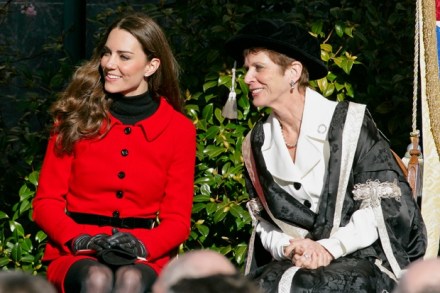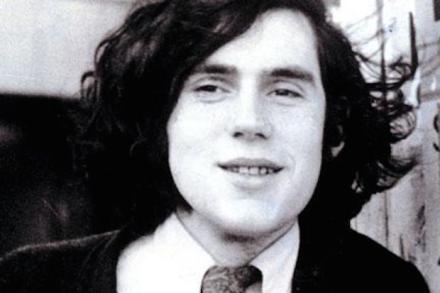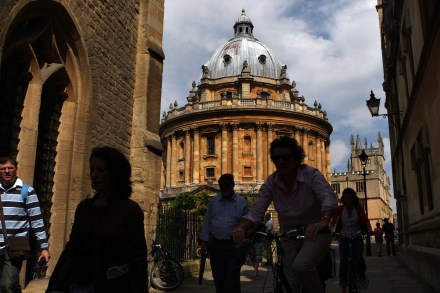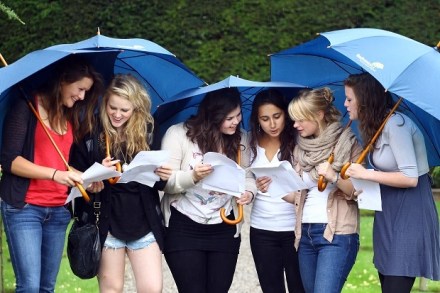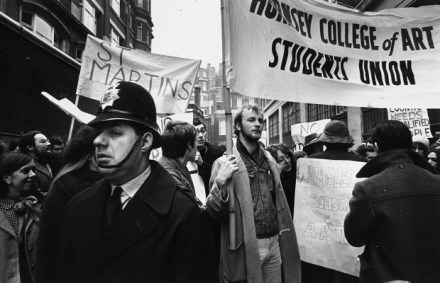Aristocrats, champagne and a Rolex: George Osborne’s 21st birthday bash
Although Tatler received a boost to its readership following the BBC’s ‘Posh People: Inside Tatler’, a fly-on-the-wall documentary about the magazine, for some ‘posh people’ the society bible has long been essential reading. One such man who fits this description is none other than the current Chancellor of the Exchequer. Thanks to Tatler‘s Bystander archive, Mr S has been granted a glimpse into the 21st birthday celebrations of a young Gideon Osborne. Oh LOOK we found George Osborne's 21st birthday pictures in our Bystander archive this week… http://t.co/o2ppP7fTvo — Sophia Money-Coutts (@sophiamcoutts) August 21, 2015 His party was covered by the magazine back in 1992, and shows that Osborne enjoyed a bash at the trendy




